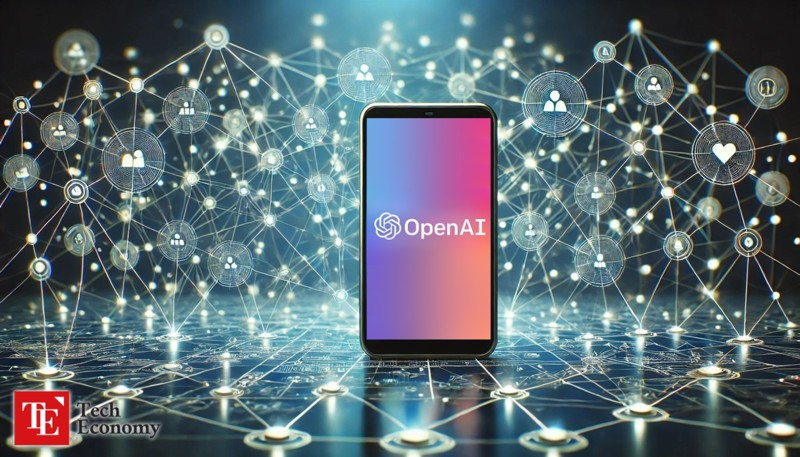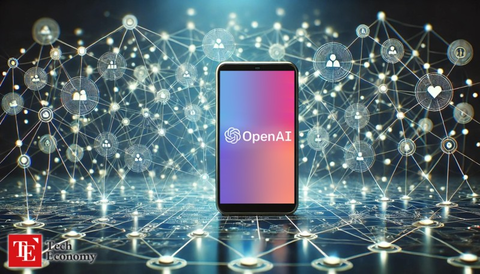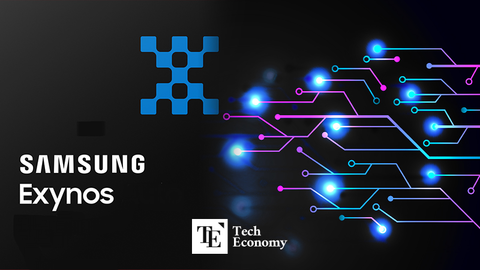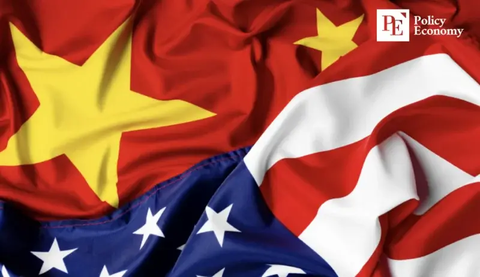OpenAI’s IPO Dreams Collapse Amid Mounting Cash Crunch
Input
Modified
IPO Plans Collapse, Funding Inflows Shrink
Headquarters Relocation Floated in Push for For-Profit Conversion
New Phase Opens With Microsoft Partnership Reset

OpenAI’s bid to go public has run aground under the weight of its nonprofit structure, raising the risk of shrinking or stalled investment inflows. The company has turned to secondary share sales for short-term cash, but with conditional clauses threatening to slash large-scale funding commitments, uncertainty is deepening. This has fueled speculation that OpenAI will revisit plans to convert into a for-profit entity, with the company even raising the prospect of relocating its headquarters. Meanwhile, the resolution of months of tension with Microsoft has opened what some see as a new chapter in its IPO ambitions.
De Facto Collapse of IPO Plans Stirs Confusion Inside and Among Investors
According to Bloomberg on September 17, OpenAI is pursuing secondary share sales worth several billion dollars. This follows its decision earlier this year to abandon plans to become a for-profit company. In May, OpenAI’s board said, “We have decided that the nonprofit entity will continue to retain control over OpenAI.” Secondary sales allow existing shareholders or employees to cash out by selling equity to outside investors. The current deal reportedly values OpenAI at about $500 billion.
Markets interpret this as OpenAI signaling that it does not “need public market capital,” while in reality falling back on temporary measures after failing to raise funds through an IPO. Since creating a for-profit subsidiary in 2019, the company has aggressively courted investors, securing backing from heavyweights such as Microsoft and SoftBank. But growing opposition to profit conversion has derailed IPO plans. Notably, SoftBank’s investment agreement included a clause cutting its commitment in half—from $40 billion to $20 billion—if OpenAI failed to convert into a for-profit entity this year. That underscores how closely the company’s financial stability is tied to its ability to restructure.
Scaling up models like ChatGPT and expanding services requires massive funding, but with the IPO route blocked and large outside investments shrinking, research and expansion could slow. Secondary sales provide liquidity for employees and early investors but contribute little to R&D because proceeds go to sellers, not the company’s treasury. In effect, this undermines OpenAI’s claim to be pursuing a “Forever Private” model.
Analysts therefore see the company’s reliance on secondary deals not as a strategic choice but as a forced retreat under structural constraints and investor terms. While OpenAI maintains that remaining private ensures strategic flexibility, investor pushback and the threat of funding shortfalls are eroding that argument. This is fueling speculation that the company may eventually revisit profit conversion and a public listing.
Rising Demands for For-Profit Conversion, But Limited Near-Term Change
Signs that OpenAI was actively pushing for profit conversion until just a week ago have added weight to the notion that it may eventually revisit the IPO path. The Wall Street Journal reported on September 9 that OpenAI is considering relocating its headquarters. The company has also brought on an adviser close to California Governor Gavin Newsom and pledged $50 million in donations to local civic groups in an effort to secure political backing. These moves suggest a multi-pronged strategy to overcome regulatory and structural barriers.
Earlier, OpenAI had floated a compromise proposal: even if it went public, the nonprofit entity would retain control of the new for-profit company. This was intended to reassure both investors and regulators. But California officials accused OpenAI of exploiting nonprofit status for private gain, while the Delaware attorney general’s office opened its own probe. If violations are confirmed, the company could face lawsuits or settlement demands, further dimming prospects for a near-term IPO.
Still, the IPO question is not entirely closed. CEO Sam Altman told CNBC he had “mixed feelings about an IPO” but added that “if we go public someday, there’s still enormous growth ahead for the company.” This balancing act—acknowledging challenges while leaving the door open—is seen as a way of managing investor expectations. Yet Altman tempered his remarks, saying, “In the current environment, an IPO is not realistic.” Such ambivalence suggests OpenAI will likely maintain its nonprofit structure in the short run while continuing to prepare the political and regulatory groundwork for an eventual listing.

Resetting Ties With Microsoft
Amid these challenges, OpenAI signed a memorandum of understanding with Microsoft on September 12 to rebuild their partnership, marking a potential turning point. Though not legally binding, the deal capped months of negotiations that had strained the relationship to the point of speculation about contract termination. The conflict stemmed from OpenAI’s attempt to pursue profit conversion while keeping its nonprofit entity in control, which clashed with Microsoft’s interests. The new agreement allowed both sides to restructure their deal, issuing a joint statement pledging “safe AI development and tools for all.”
At the heart of the dispute was a clause limiting Microsoft’s access to OpenAI’s technology upon achievement of artificial general intelligence (AGI)—a term without a clear definition. This meant OpenAI could theoretically revoke Microsoft’s rights by unilaterally declaring it had achieved AGI, a troubling prospect for an investor that has poured more than $13 billion into the company. The renegotiation addressed this uncertainty by discussing a possible shift toward a public benefit corporation (PBC) and restructuring equity. OpenAI codified a rule requiring its nonprofit parent to hold at least $100 billion in equity, ensuring continued control, while Microsoft secured a stable equity stake within that framework.
This suggests the renegotiation goes beyond merely restoring relations. Microsoft gained adjustments to its exclusive Azure distribution rights for OpenAI’s APIs, revenue-sharing terms, and access to intellectual property, securing strategic benefits. For OpenAI, the deal opens a path to greater financial flexibility under its nonprofit structure. For a company struggling to cover large-scale funding needs, this could prove far more valuable than secondary sales. Many analysts see this agreement as laying the institutional groundwork for OpenAI’s eventual profit conversion.






















Comment